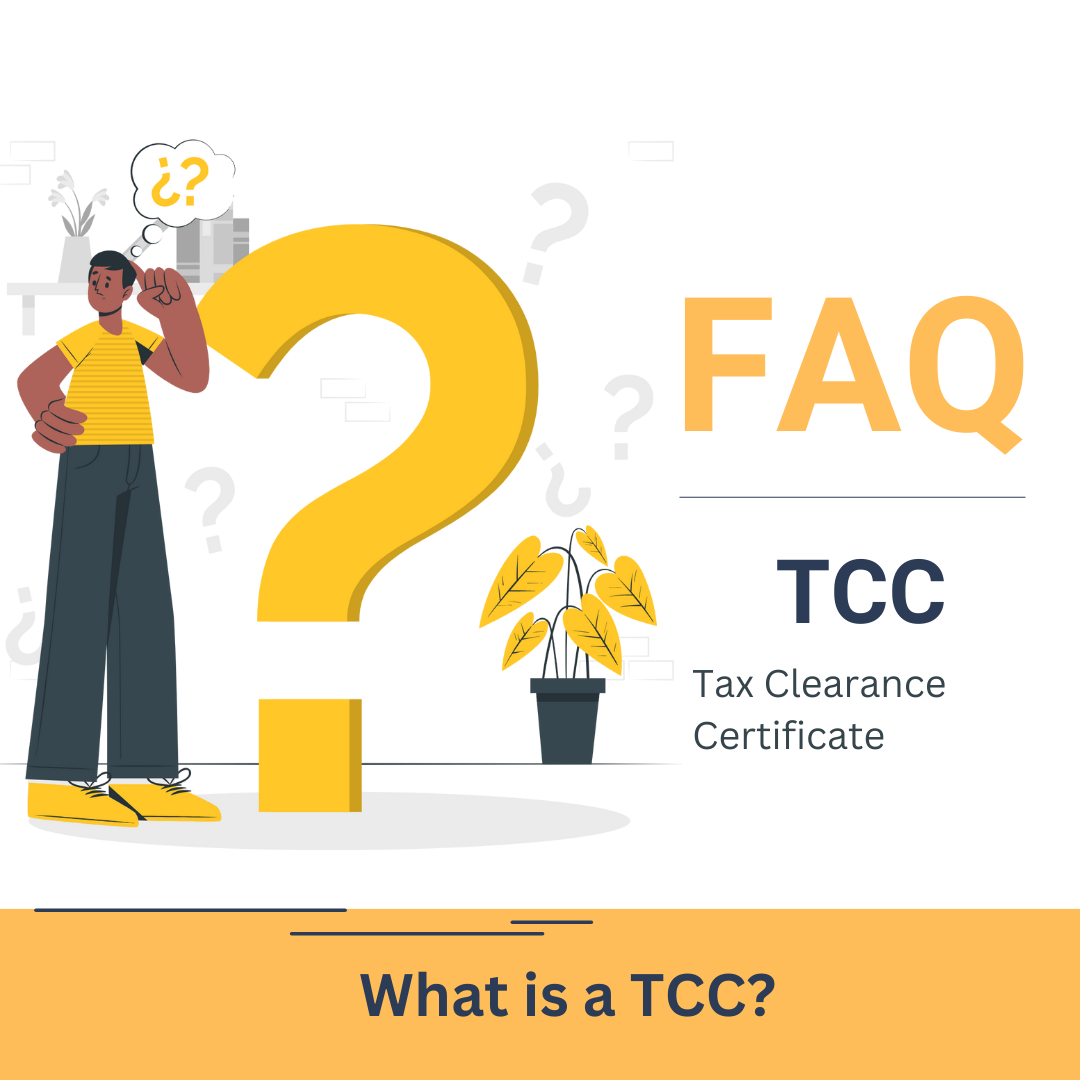
Important Evaluations before Responding To A Tender
Although bidding for a tender can be attractive, not all tenders will suit your criteria, experience and expertise. It is not wise to quickly jump into responding to any tender that you come across. An objective decision must be made as to whether or not to bid for a tender.
The decision to bid or not is a decision that should be carefully considered. It should balance the opportunity against a realistic evaluation of the likelihood of success. The approach should be systematic and could be beneficial by using a scoring matrix. To assist you, we have drafted a list with a few objective questions. Answering these questions will help you evaluate your chances of winning the tender and the worthiness of bidding.
- Do you meet the mandatory requirements?
The mandatory requirements usually include financial stability, qualifications or accreditations. Buyers generally ask for audited accounts of the past three years. Has your business seen year-on-year growth and if not is there a valid explanation as to why not?
- Can you show the relevant experience?
Have you done this type of work before or will you need a partnership to do it effectively? Having relevant references will certainly work in your favour. If you don`t have references, you will need to demonstrate that you have transferable skills from customers with similar needs.
- Who are you competing against?
Who is currently servicing the contract and who else is bidding? When you can answer these questions, you can compare your strengths, weaknesses and experience with your competitors and consider your opportunities.
- Is the contract the right size for your business?
Will you be able to manage the contract or will it clash with any existing or upcoming work? Remember, all clients are valuable. It is risky to bid if a tender value is more than 25% of your turnover. Buyers will certainly check if the tender contract value is not too much for the company to handle. Do not overstretch the business to the point where service or quality issues will arise as you were too eager to bid.
- What is the profit potential of the tender?
Winning a contract can put a strain on a business`s financial resources. It is important to fully understand and assess the risk of the working capital requirements of the contract. It is also important to determine whether your business can support any peaks that may occur.
- Do we have sufficient resources to professionally respond within the deadline?
Writing a tender response is time consuming. It is important to have a consistent procedure in place to ensure that time and money is not wasted on contract opportunities which are of no economic or strategic benefit. If you were directly invited by the buyer to bid, but you decide not to, then inform the buyer immediately of your intentions. Explain carefully the reasons for your decision, without prejudicing your chances of being invited to bid for other work in the future.
Consider the questions above. If you can answer them confidently, you certainly can go ahead and bid. If not; wait for the bid that fits your skills, expertise and experience. Patience is virtue and it pays off!
If you are stuck on a tender and need any assistance, or you want to learn more about the tender process and how to complete a tender correctly visit us to find out more.





